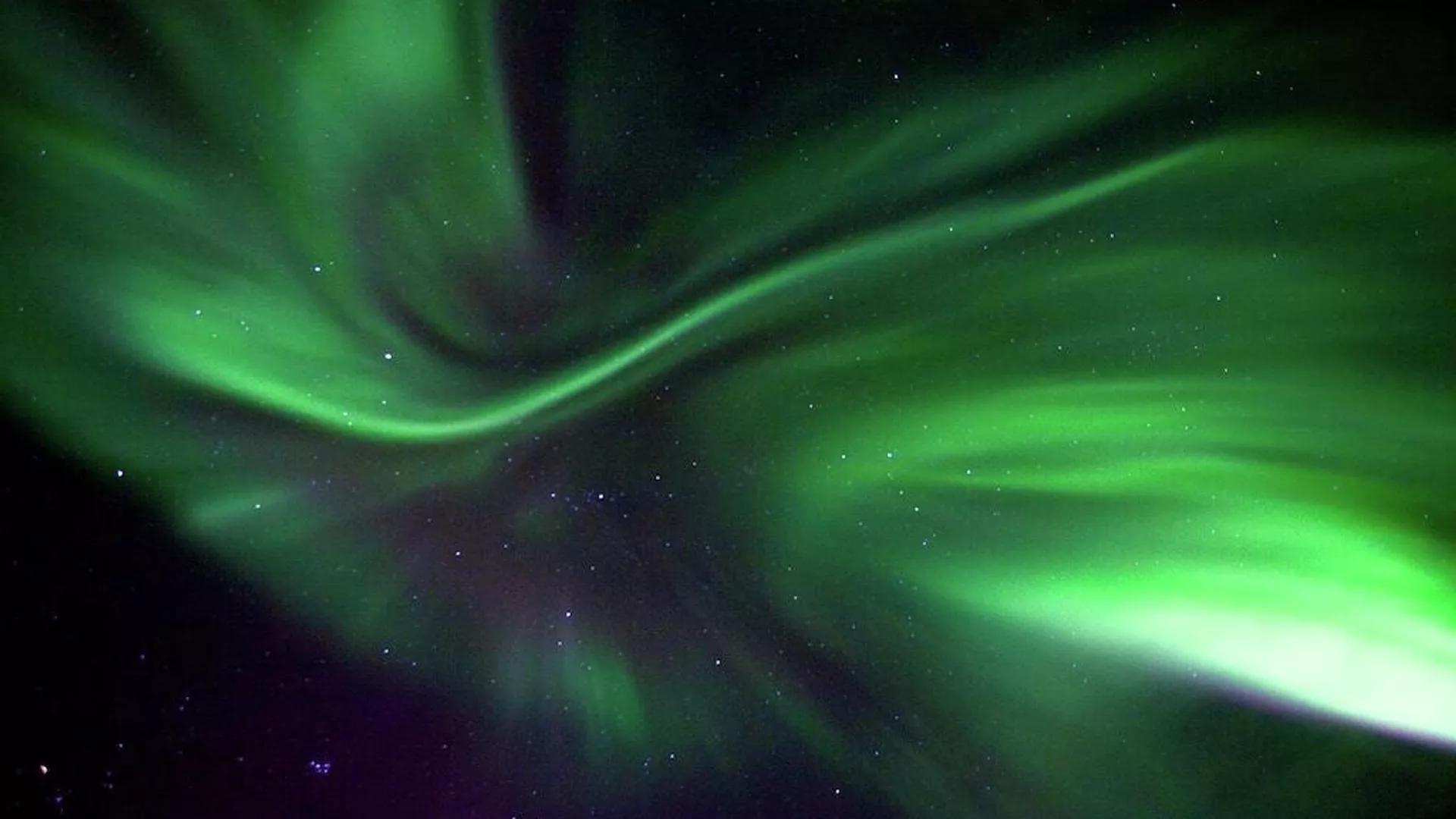Africa-Press – Lesotho. An aurora, also commonly known as polar lights, is a natural phenomena that occurs when solar wind disturbs the magnetosphere of Earth – or any other celestial body that has magnetism.
But what about the planets that don’t have it? Mars does not have a global magnetic field, so how can it host auroras? Scientists have finally found the answer thanks to ultraviolet images from the red planet at night.
It seems that the lack of Mars’ global magnetism does not prevent polar lights from igniting near the regions with small, localised crustal magnetic fields.
Such regions are particularly frequent in the southern hemisphere, and as they interact with the solar wind, various patches of Mars’ surface are illuminated with auroras. The team has also analysed data from the Mars Atmosphere and Volatile Evolution (MAVEN) spacecraft that is equipped with the Solar Wind Ion Analyzer.
The findings indicated that Mars’ auroras are also affected by the solar wind conditions: they seem to play a significant role in the auroras’ frequency, but not impact their brightness.
According to the team, the new findings shed light on how auroras occur on celestial bodies that do not have a global magnetic field. Aside from Earth, polar lights can be sparked on many other planets, satellites and even comets. For instance, Jupiter and Saturn have even stronger magnetic fields than our home planet, therefore they host auroras frequently.
For More News And Analysis About Lesotho Follow Africa-Press






